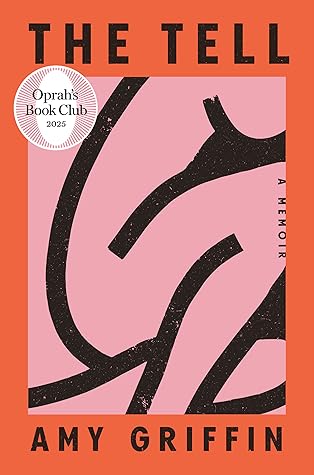More on this book
Community
Kindle Notes & Highlights
Denial is a glass case that must be shattered before you realize you were trapped inside it in the first place. For
I began to see that there were things, adult things related to matters of intimacy, that people just didn’t talk about.
Growing up in the South, you understand quickly the ocean that separates appearance and reality, particularly for women.
The image of my parents’ pride, their joy in me, stayed so vivid in my mind because it was the moment I knew that I was the living fulfillment of their dreams. I was to exemplify their finest qualities. I was supposed to be the brightest—perfect.
Memory is a sieve that catches only the most important moments. The insignificant details of daily life don’t stick; instead, they flow through the sieve. Then there are experiences that are unusual, set apart from the everyday, that carry an emotional charge. These we often hold on to, turning them over and over.
But at some point I had come to believe that I was loved not for any inherent worth but because of all my accomplishments.
I was truly happy. I felt like the most essential version of myself: free in my body, the way I’d been as a little girl doing cartwheels, unburdened by expectations. It
Yet as life marched on, I felt my anxieties begin to calcify.
I needed a new mountain to climb.
It was a reminder that multiple stories could be true at the same time, that we select our narratives in accordance with how honest we want to be and how honest we can be with ourselves.
“We don’t recognize how much we carry our experiences in our bodies. If something is coming up”—she looked at me—“it has to come out.”
Scrolling through social media, I’d seen a quote from Carl Jung that resonated: “Until we make the unconscious conscious, it will direct our life and we will call it fate.”
How scary a thought that we entrust our children to the care of others, not knowing exactly what might be going on when they are out of our sight for so many hours. I knew that my girls were in the best hands, and they were so busy with friends and scheduled activities. Still, the fear plagued me: My children were so vulnerable, as I had been.
Adrienne Rich poem that he loved: “There must be those among whom we can sit down and weep, and still be counted as warriors.”
Letting go of the need to control. This was the gift I wanted to give my children.
I could feel my mom’s pride in me, and her love, deep and unwavering. It was a perfect love, one that had nothing to do with my accomplishments—a love that was a birthright, not something that had to be earned.
How good it felt to love and be loved, not for anything I had done but for who I was.
There were predators from whom she had not been able to protect me. The length of my hem hadn’t made a difference.
Now I understood that I had mistaken control for freedom. The real way to keep my children safe wasn’t to control them. It was to have an honest relationship with them. That was how I could set myself—and them—free.
It also meant allowing them to direct their anger toward me without taking it personally, understanding that it was a gift that they trusted me to hold it. They weren’t slamming doors because I was failing as a parent; they were slamming doors because they were teenagers.
You can’t have light without the darkness. You have to feel all of it in order to feel any of it.”


